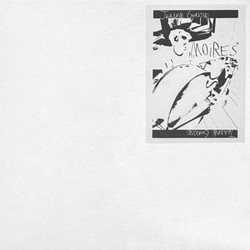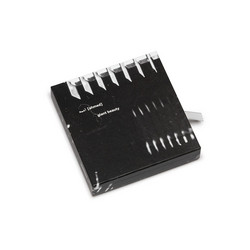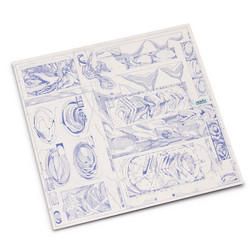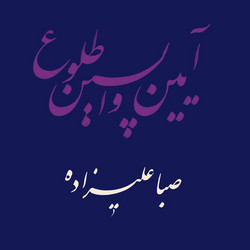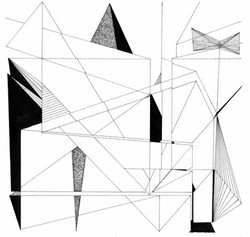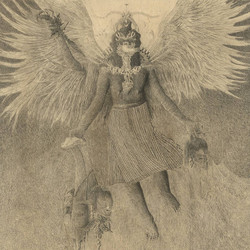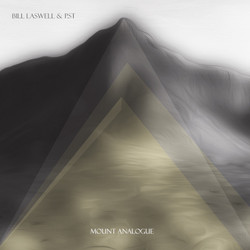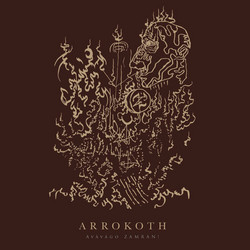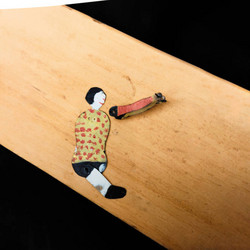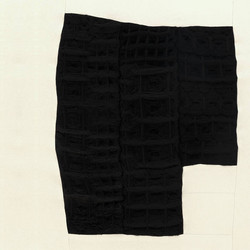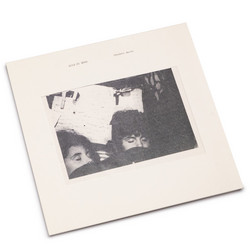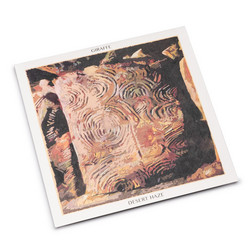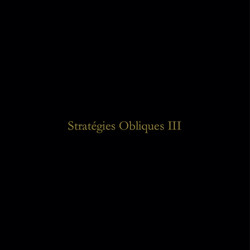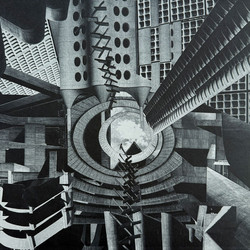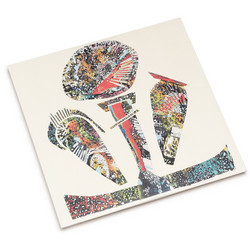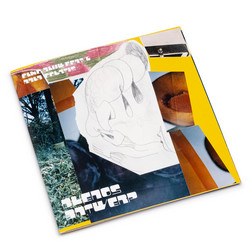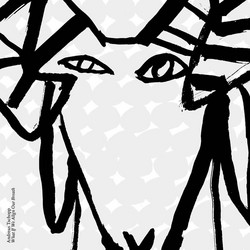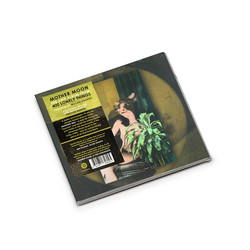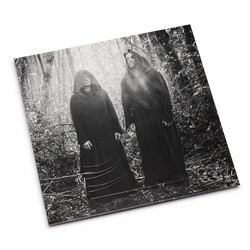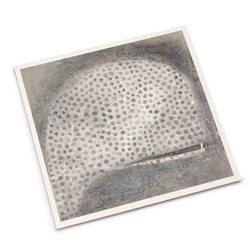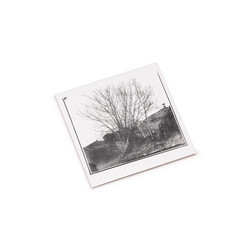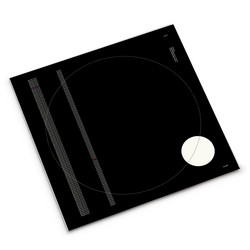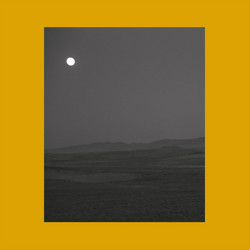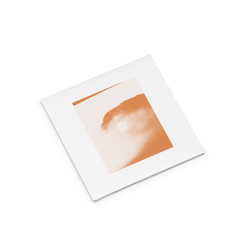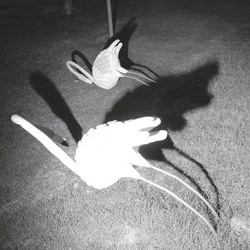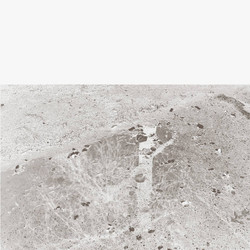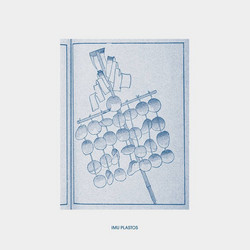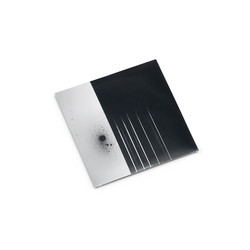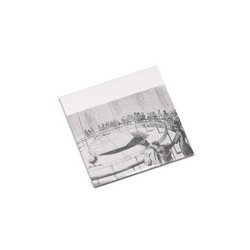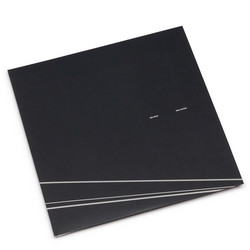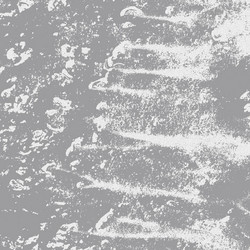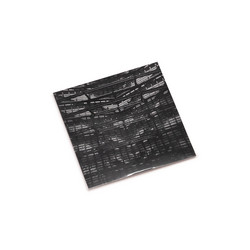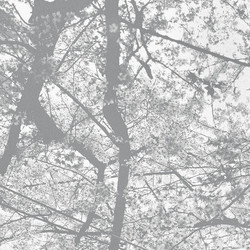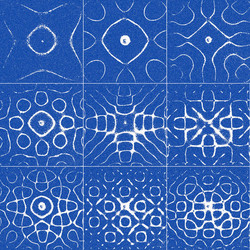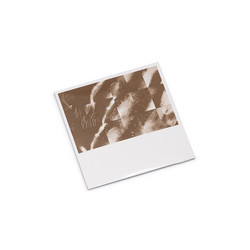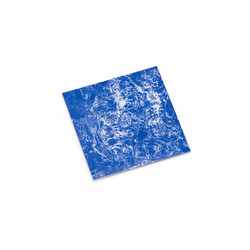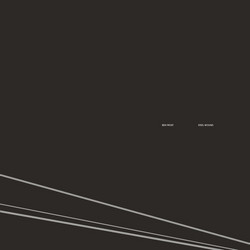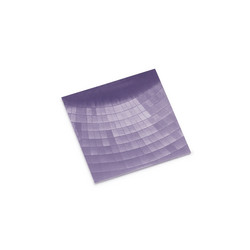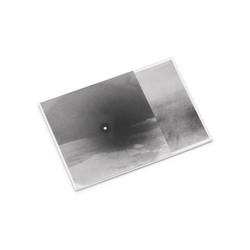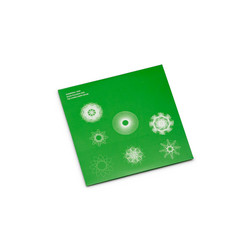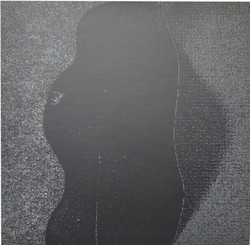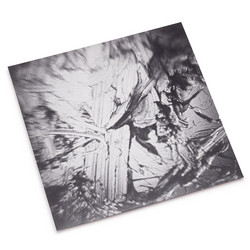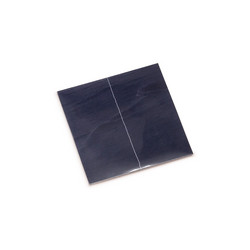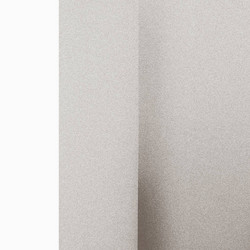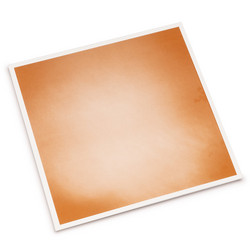To understand tuning systems, to peer into the infinity of microtonal compositional strategies, is to imagine a sense of musicality that extends far out beyond the familiar harmonies of the western ear. Iranian composer Siavash Amini, a self-confessed tuning obsessive, has dedicated much of his musical investigations over the past half decade to unlocking new relationships between harmonic events. Moreover, he has sought new timbral relations too and in doing so has honed a particular sonic-aesthetic that is increasingly haunting and spectral in nature. Amini's music is vertical, it reveals itself in ways which are unexpected and requires a certain auditory availability in its listener. Eidolon goes further than any other composition he has completed. It creates a contoured landscape in sound that is equal parts beautiful and overwhelming.
A note from Siavash Amini: "Let me get this out of the way; I'm obsessed with Safi-al-din Urmavi's theory of tuning, rhythm, and maqam. It started in my last year of high school, at the time there was a lot of back and forth between Iranian music scholars about his 17-tone scale and whether it had any use or relevance to Iranian music of that day. I've been thinking about those discussions and more general discussions of tuning in the maqam system of the 13th century a lot in the past half-decade. I didn't know how to approach these tunings, but I started to get a sense of it while making A Trail of Laughters (RM 4144CD, 2021). I decided that the relevance of these tunings couldn't be explored with conventional instruments and composition techniques. I do not want to approach them in a historical sense, either. I want to use these as my raw material and find my approach, borrowing from experimental and electronic music of our time. The apparition, an image appearing and disappearing, taking shape in an instant and gone in the next, something you're not sure you've seen, needs a particular setting to be experienced. Something seen or felt in an undetermined space like Redon's drawings. I tried to see if these tuning systems (mostly Urmavi's 17-tone scale) could be a starting point for creating such a space for myself by letting their frequencies and intervals roll over each other, and letting the resulting sound and textures float, crash, spill and bleed. Maybe my other obsessions, namely darkness, light, and death, can be at least in some sense contemplated in this shadowy undetermined space and just maybe something here and there makes its presence felt."
